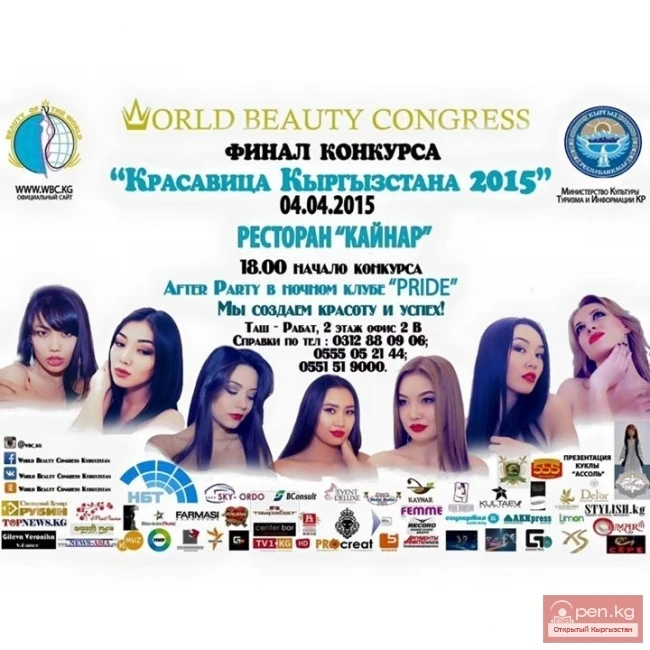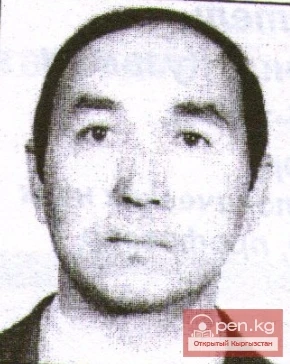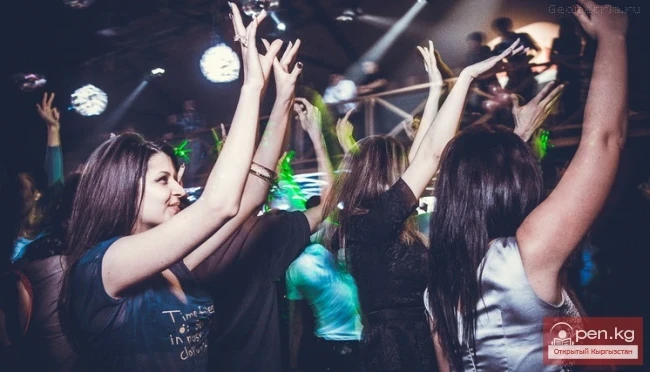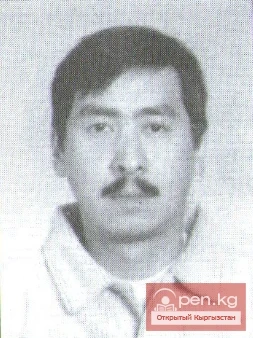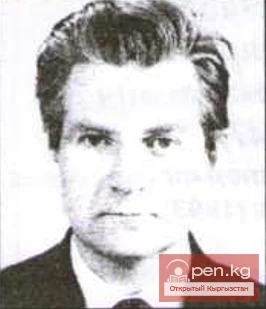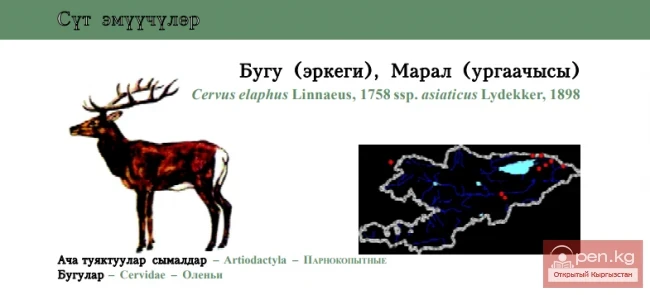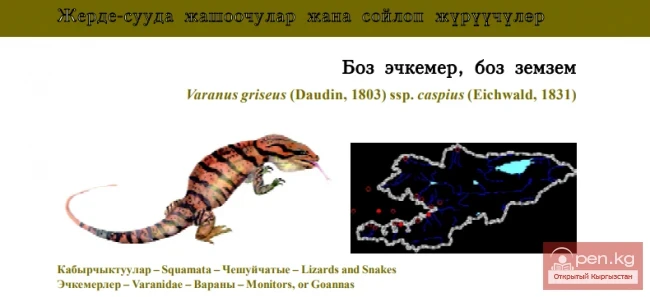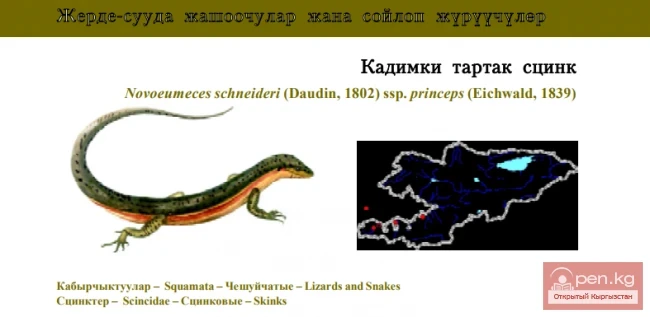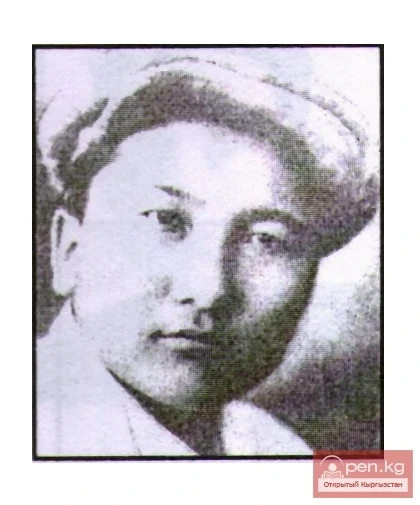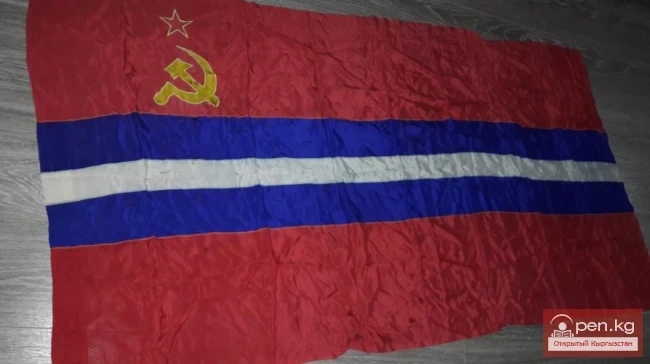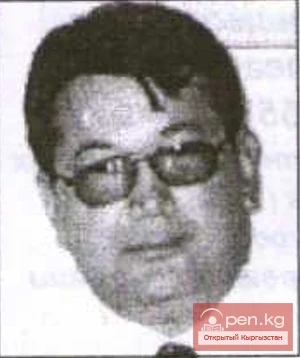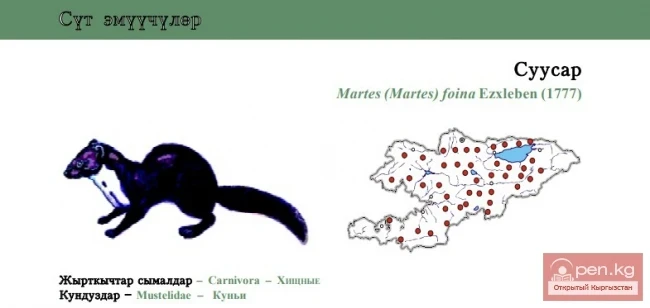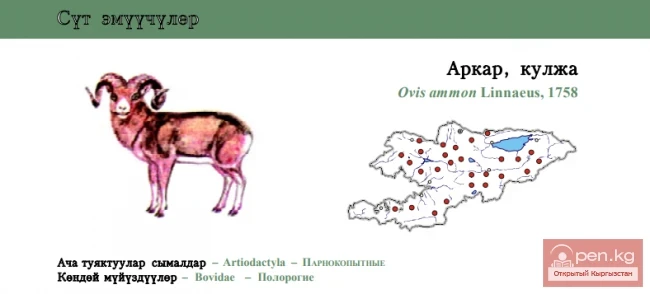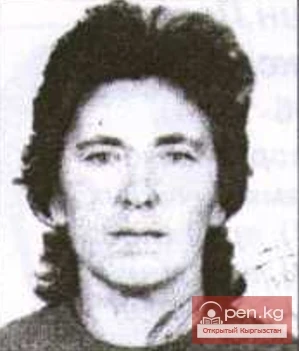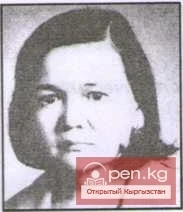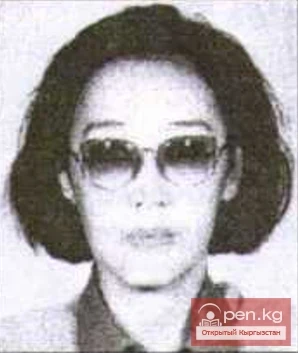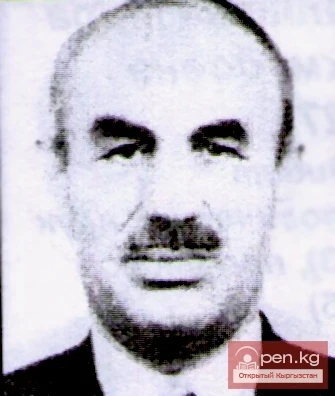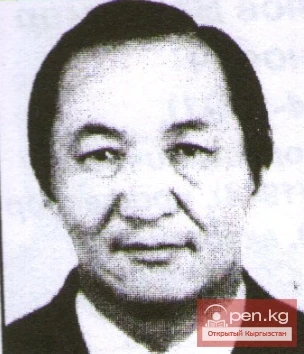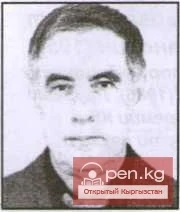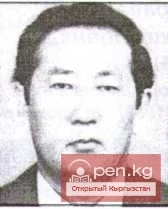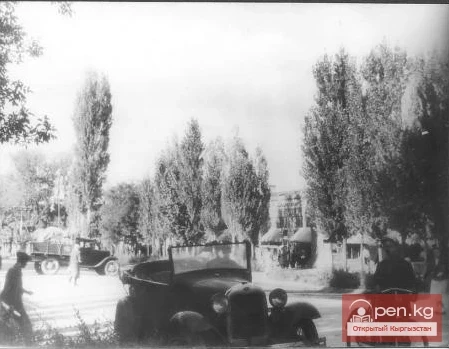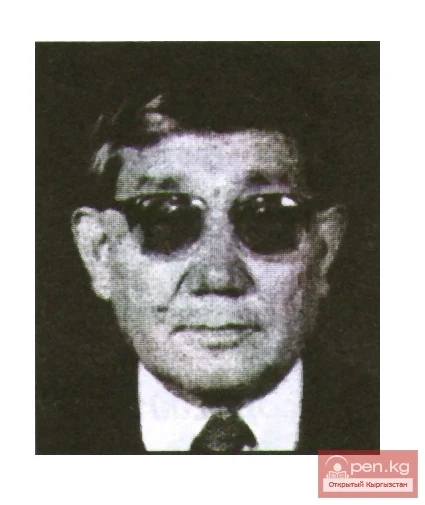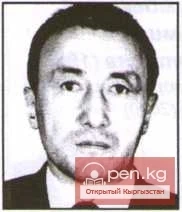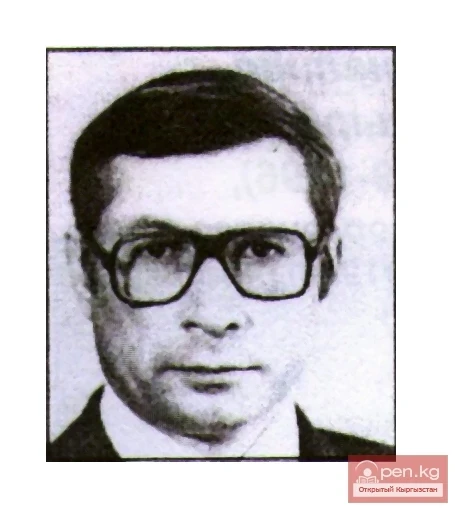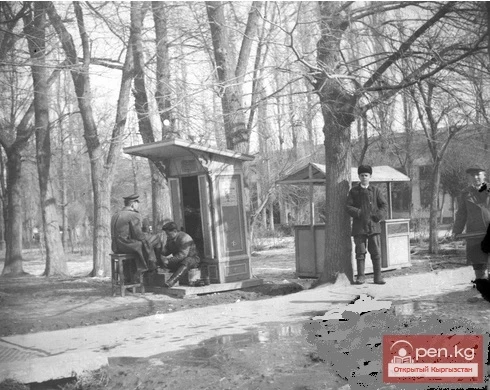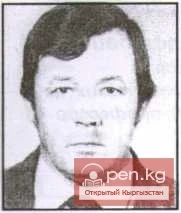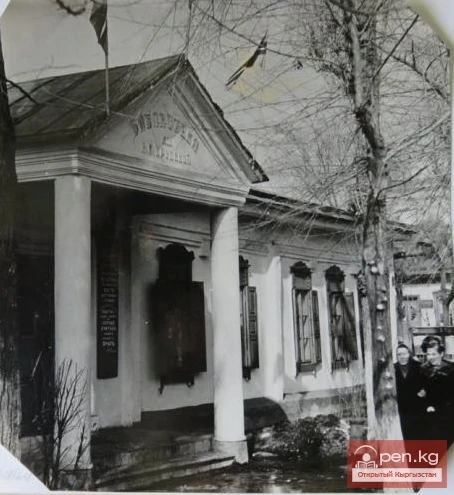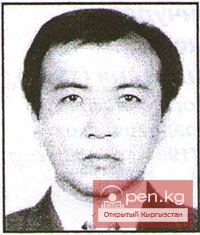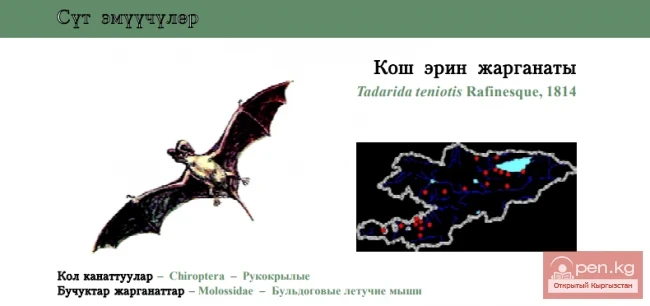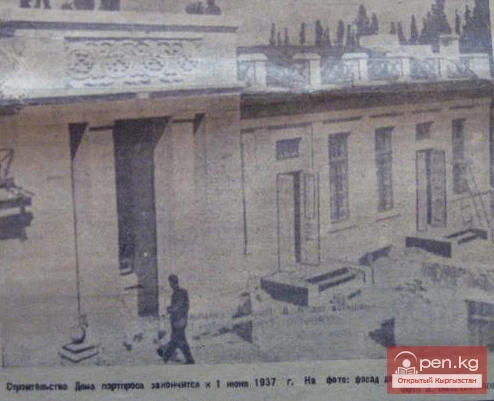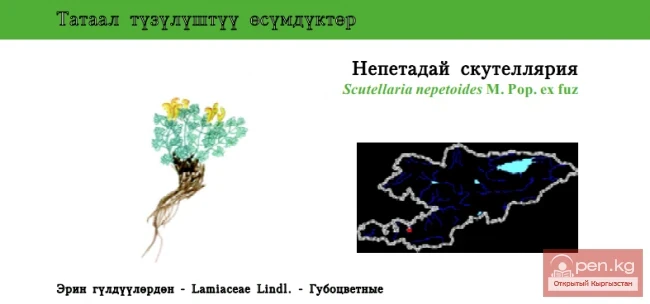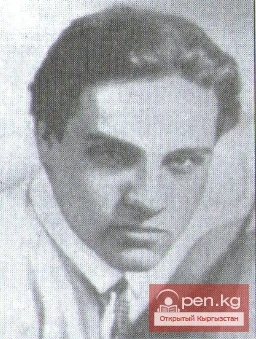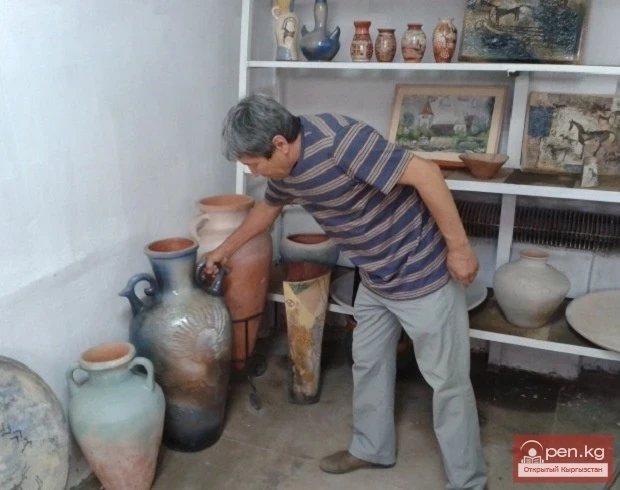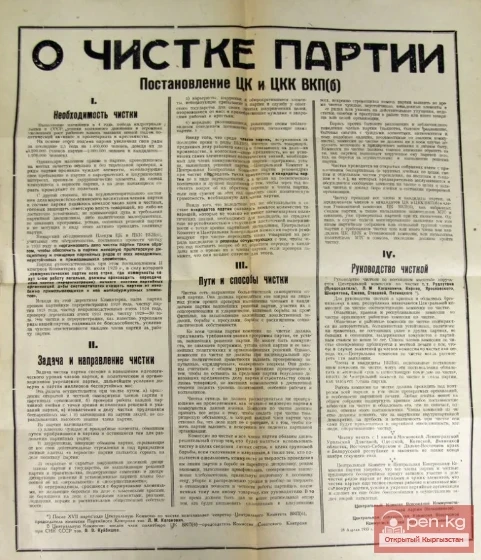
Accusations of the Central Control Commission of the VKP(b) Against Abdrakhmanov
On October 14, the Central Control Commission of the VKP(b) expelled Abdrakhmanov from the party "for non-party behavior, manifested in that he, under the influence of a group of Trotskyists, disagreed with the party's policy on many issues and, expressing his disagreement to the Trotskyists, insincerely defended the party's decisions, in fact distorting them."
However, taking into account his previous work and active participation in the Civil War, the Central Control Commission deemed it possible to revisit the issue of his party membership no earlier than a year based on the feedback from the party organization.
He was appointed as deputy head of the livestock management of the Middle Volga regional land department (Samara), and from 1935 he worked in the same position in the Orenburg region.
From 1934 to 1937, he submitted applications four times to Stalin and twice to the Central Control Commission of the VKP(b) requesting reinstatement in the party.
In response to his application dated March 28, 1937, addressed to Stalin, Yu. Abdrakhmanov received a reply stating that his application had been forwarded for consideration to the Orenburg city party committee.
Indeed, on June 2, 1937, his application was sent to the Orenburg city party committee with the instruction: "to verify the correctness of the feedback provided to Abdrakhmanov, discuss the possibility of reinstating him in the party, and then return Abdrakhmanov's application along with your decision to the Party Collegium of the Central Control Commission of the VKP(b)." On June 10, 1937, the secretary of the Orenburg city party committee returned his application with the message that "Yu. Abdrakhmanov has been arrested as an active participant in the counter-revolutionary Alash-Orda organization.
Regarding the provision of a political party characteristic for him — we hold accountable those responsible for this."
From all of the above, it is clear that until the moment of Abdrakhmanov's arrest for the so-called "counter-revolutionary activities," the question of his party membership was not considered definitively resolved, and the possibility of his reinstatement in the party was allowed.
Did Yu. Abdrakhmanov experience the "influence of a group of Trotskyists," as he was accused? A careful analysis of all the documents available to us shows otherwise, namely, that he was ideologically close to the views of that part of the party leadership, headed by N. I. Bukharin, which opposed Stalin's political improvisations regarding the country's economic development in the 1920s and subsequent years. This is also evidenced by his statement to the Central Control Commission of the VKP(b), made after his expulsion from the party. He wrote that in connection with the conclusions regarding the leaders of the right opposition, doubts arose about the correctness of the Central Committee's leadership line on this issue. "Could we not have fought against the opposition by exposing their principled line, their practice, while at the same time retaining comrades Rykov, Tomsky, and Bukharin in the party leadership, whom I considered significant party workers and the closest students of Lenin? I considered them more significant compared to all other members of the Politburo, except for Stalin."
Yu. Abdrakhmanov, like other supporters of Bukharin, Rykov, and Tomsky, contrary to the then leadership of the Central Committee, saw the path to strengthening the alliance between the working class and peasantry based on the NEP, i.e., while maintaining the course towards the uplift of peasant farming, the development of trade and credit forms of cooperation, etc.
His particularly sharp reaction to violence against the peasantry was largely determined by the fact that in the conditions of a non-capitalist path of development, it hindered the formation of socialist consciousness, caused enormous damage to the economic foundation of the aul, kishlak, and village, i.e., to the main mass of workers who were making the transition to socialism, bypassing the long and painful path of capitalism.
The principled theoretical and tactical positions of the Trotskyists were alien to Yu. Abdrakhmanov.
Organizationally, he was also not connected with them. He did not doubt the gigantic step taken by the country towards industrialization, but he was distressed by the Stalinist dekulakization, the artificially created famine of 1932-1933, the violation of Soviet democracy, and the enormous sacrifices that the country paid not so much for industrialization as for Stalinist voluntarism. He could not reconcile himself with the distortions of Lenin's principles of party and socialist construction.
Resolution on Economic and Cultural Construction and Prospects for the Development of the Kyrgyz ASSR



